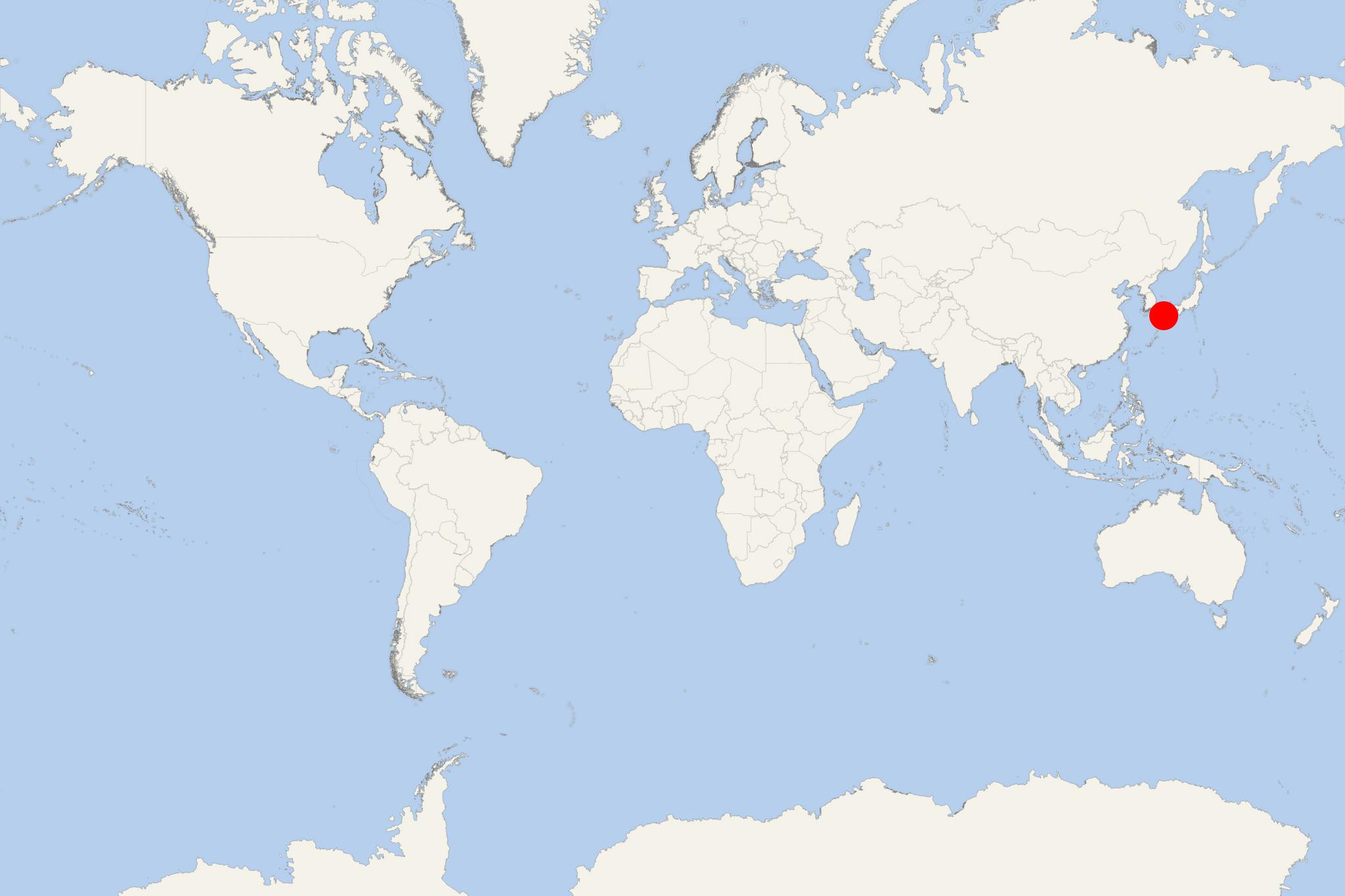Oita City (Japan Oita)
Cruise Port schedule, live map, terminals, news
Oita (Oita-shi) is the principal port and the capital city of Japan's Oita Prefecture (Kyushu Island) with population around 480,000. The Prefecture's total population is around 1,114 million. Oita-shi is bordered by five other large cities - Beppu-shi (northwest, Prefecture's principal cruise port), Yufu-shi (west), Taketa-shi (southwest), Bungo-ono-shi (south) and Usuki-shi (southeast). In 2005, Oita-shi was further expanded via a merger with the neighboring towns Notsuharu (pop ~5,000) and Saganoseki (pop ~13,000).
Port Oita (locode JPOIT) serves mainly cargo ships as well as ferries linking to Honshu Island (Kansai/Kinki region) and Shikoku Island. The city is connected via railways (Oita-eki/central train station) serving three JR Kyushu-operated lines - Nippo-honsen (Kitakyushu Fukuoka-Kagoshima), Kyudai-honsen (aka Yufu Kogen/Kurume Fukuoka - Oita), Hohi-honsen (Kumamoto-Oita). Aru Ressha (2015-launched, 2-car luxury excursion train/aka Sweets Train) interconnects Oita with Hita (daily roundtrips during summer/April thru September).
Oita Airport (in Kunisaki-shi) serves regularly scheduled domestic flights (by All Nippon Airways, Japan Airlines, Jetstar Japan, Peach Aviation) linking to Tokyo (airports Haneda and Narita), Osaka (Itami), Nagoya (Chubu Centrair)
Popular landmarks, tourist attractions and activities in the Oita City and its vicinities include the Takasaki Mountain (famous for its macaque monkeys), Takasaki-yama (nature park), Umi Tamago (aquarium), Showa Denko Dome (aka Kyushu Oil Dome/Oita Bank Dome, 40,000-seat football stadium), large shopping malls and department stores, traditional fish and seafood delicacies, seaside villages and towns (with geothermal springs).
In the 7th century, Oita (then named Funai) became the capital of the Province Bungo-no-kuni. During the 15th-16th centuries, Funai (under the Otomo clan) developed as a major seaport serving the shipping trade with China and Portugal. In the 20th century, here were built large production plants for electronics (including by Toshiba and Canon).

 45°F
45°F 
 Light breeze
Light breeze